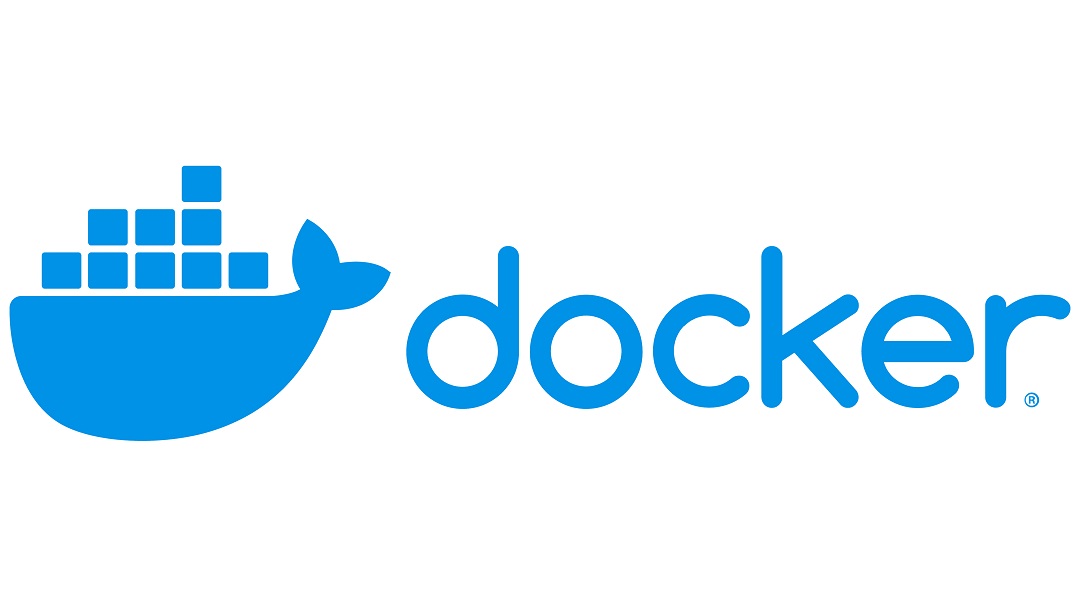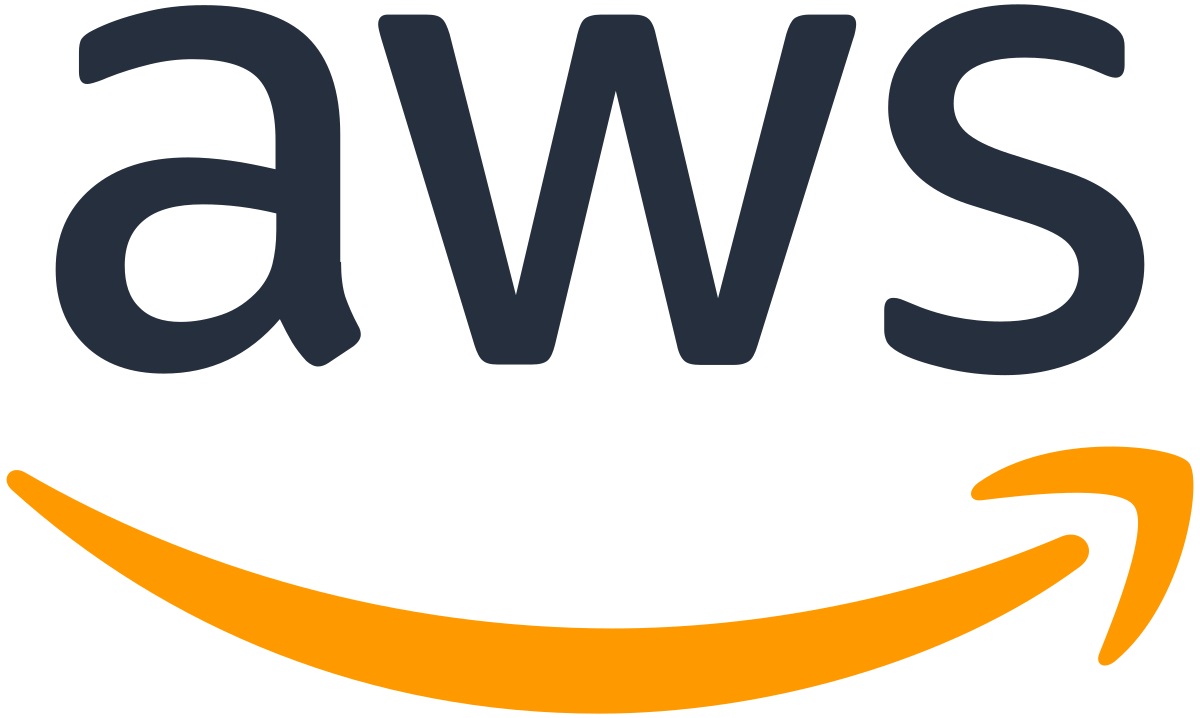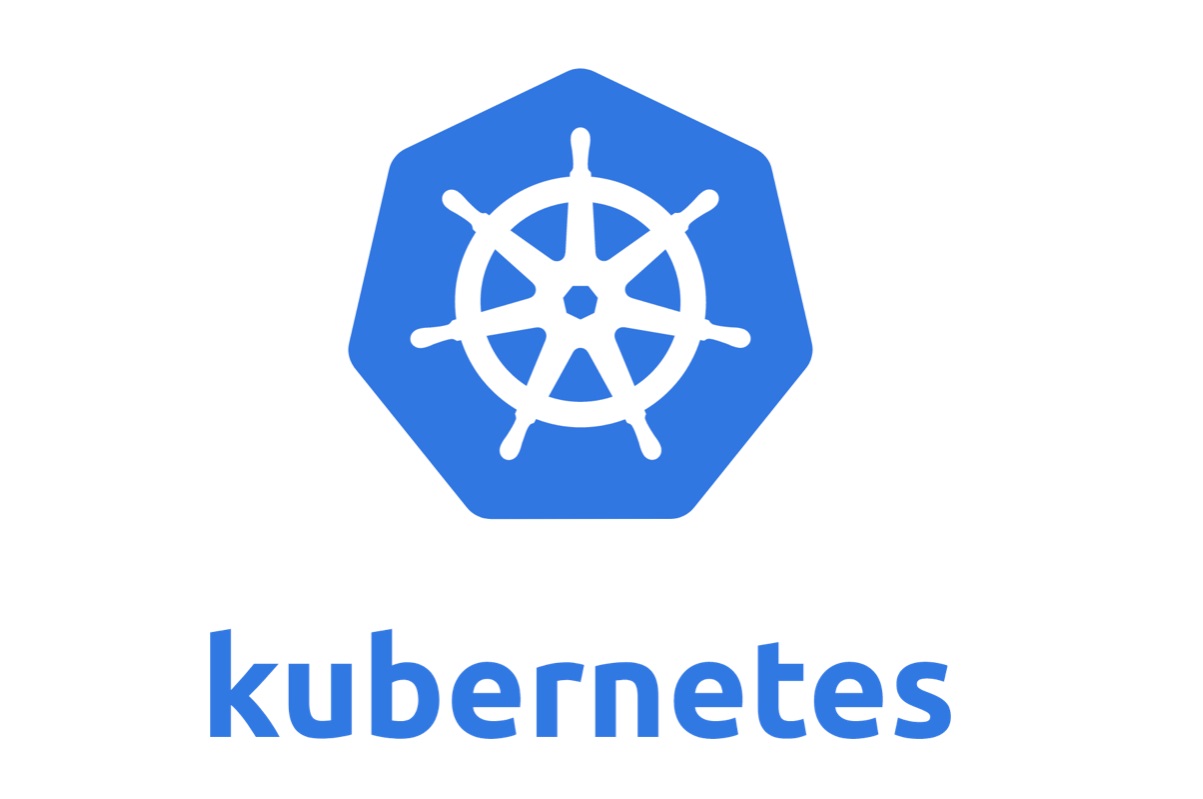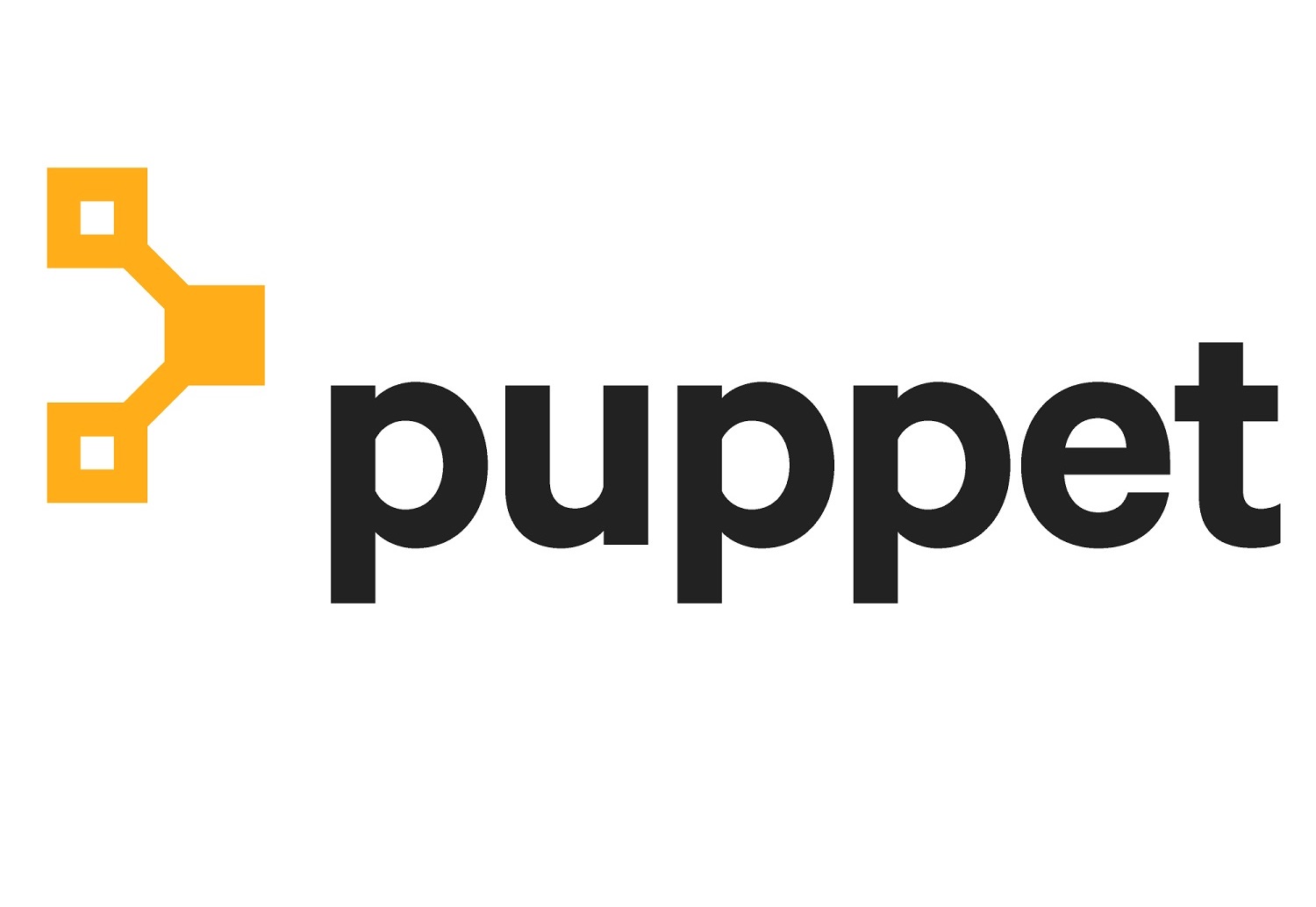How important is Linux on the job market?
Published
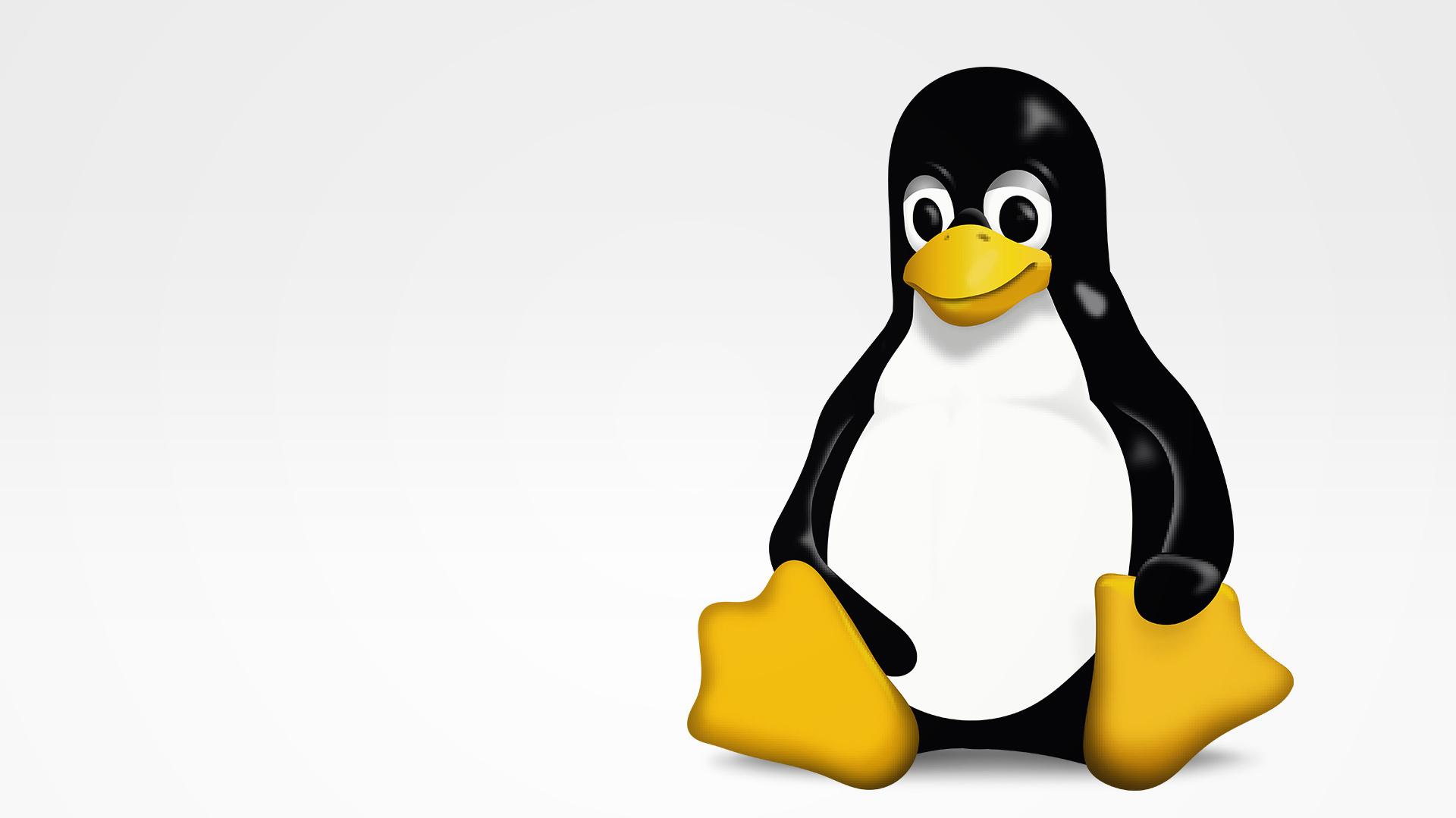
Linux is a free and open-source operating system based on the Unix operating system and was developed by Linus Torvalds in 1991. Linux is now used worldwide and is particularly popular among developers and IT professionals.
Unlike proprietary operating systems such as Windows and MacOS, Linux is freely available and can be modified and distributed by any user as long as the license terms of the Linux kernel and other open source software are adhered to.
Linux is known for its high stability, scalability and security and is used in many areas including server operations, cloud computing, embedded systems, mobile devices and supercomputers.
Linux consists of various components, including the Linux kernel, the GNU C Library system library, and a variety of applications and tools that can run on the Linux platform. Users can choose different distributions (distros) of Linux, which contain different sets of applications and tools to meet the needs of different users. Some of the most popular Linux distributions are Ubuntu, Fedora, Debian and CentOS.
How important is Linux on the job market?
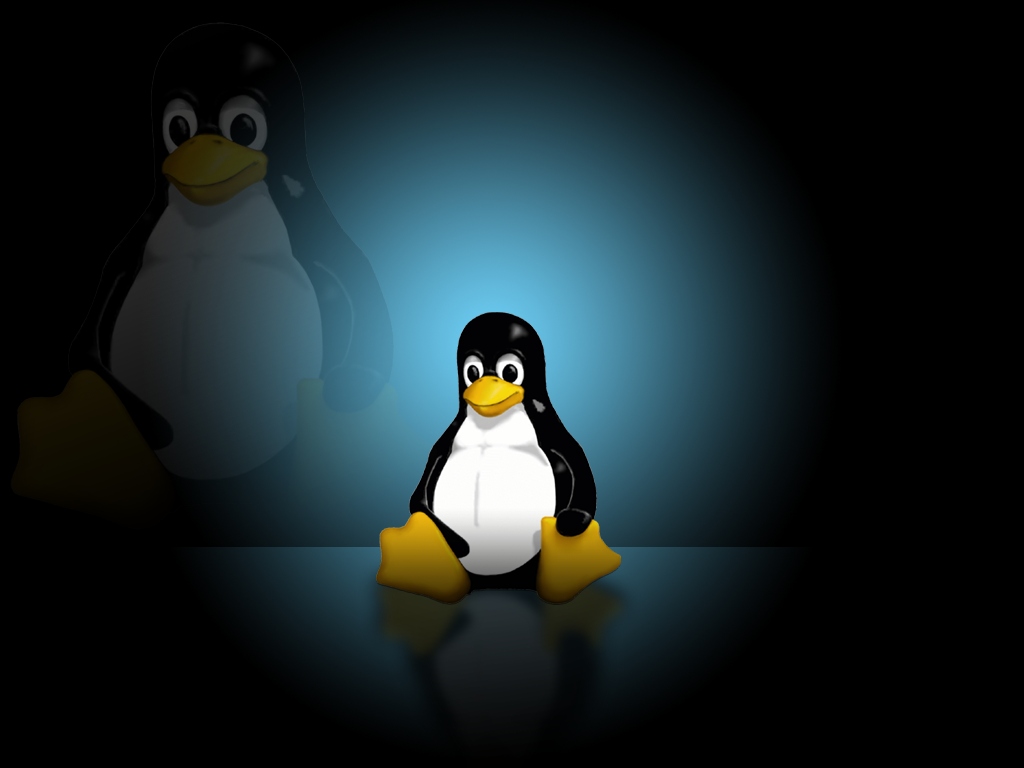
Those : ftp.psu.ac.th
Linux is very important in the job market, especially in the IT and software industries. Since Linux is a widely used and free platform for servers and cloud computing, it is used in many companies to build cost-effective and reliable IT infrastructures.
Additionally, Linux knowledge is often considered a key skill for many IT and development positions. Many companies prefer candidates with knowledge of Linux and open source technologies as they are able to handle complex tasks and develop effective solutions.
There are also specialized positions that deal exclusively with Linux, such as Linux system administrators, Linux developers, and DevOps professionals who use Linux tools and technologies to develop and manage applications and infrastructure.
In summary, Linux has high importance in the job market and knowledge of Linux and open source technologies can become a competitive advantage for candidates in the IT and software industry.
What is Linux used for?
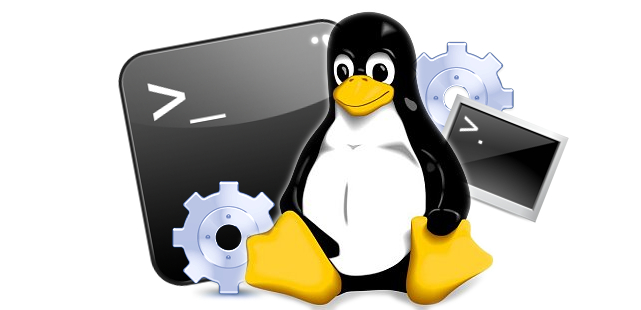
Those : thesmartpanda.com
Linux is used for a variety of applications including:
- Server operating system: Linux is very popular as an operating system for servers because it provides a stable, scalable and secure platform. It is often used in data centers and cloud infrastructures.
- Desktop Operating System: Linux is also popular as a desktop operating system, especially among developers and IT professionals who need a custom work environment. There are many Linux distributions suitable for desktop applications such as Ubuntu, Fedora and Debian.
- Mobile devices: Linux is also used in mobile devices such as smartphones and tablets. The best-known example of this is the Android operating system, which is based on Linux.
- Embedded systems: Linux is often used in embedded systems such as set-top boxes, network devices and industrial machines.
- Supercomputing: Linux is also very popular as an operating system for supercomputers and high-performance computing clusters. Many of the world's fastest supercomputers use Linux.
- Development and programming: Linux offers many tools and libraries for developers and programmers, such as Git, Bash, Python, Ruby, GCC and many others.
Overall, Linux is a versatile and flexible platform that is suitable for many applications and is used in many industries.
What differentiates Linux from Windows and IOS?
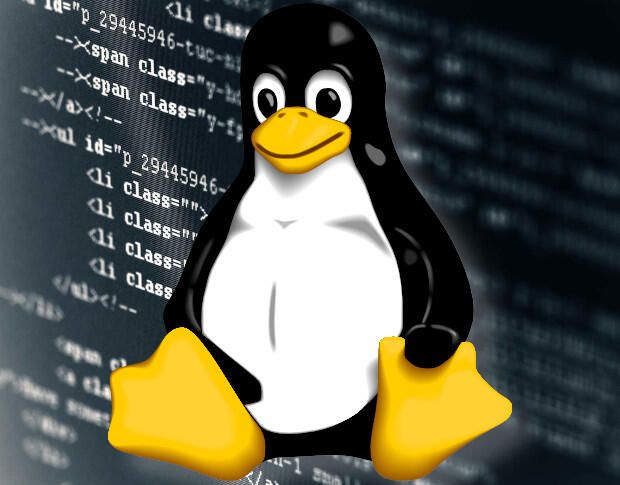
Those : techrepublic.com
Linux is an open source operating system, while Windows and MacOS are proprietary operating systems. This means that the Linux source code is freely available and anyone can edit and improve it, while the Windows and MacOS source codes are protected and controlled by their respective companies.
Another important distinction is that Linux is based on the Unix philosophy, which focuses on modular and flexible system architectures, while Windows and MacOS are more focused on usability and compatibility with various hardware and software applications.
Additionally, there are differences in the way these operating systems deliver updates and security patches. Linux systems typically use package managers to manage updates and patches, while Windows and MacOS often provide automatic updates.
In terms of distribution, Linux is a less common operating system compared to Windows and MacOS, but it is widely used in many areas such as web servers, supercomputers, mobile devices and embedded systems.
What types of Linux exist?
There are many different types of Linux, also known as "distributions" or "distros" for short. Each distribution contains the Linux kernel and a collection of applications and tools, usually aimed at a specific audience or use case. Here are some of the most popular Linux distributions:
- Ubuntu: A popular Linux distribution for desktop computers that is easy to use and install. There is also a version called "Ubuntu Server" that is optimized for use as a server.
- Debian: A stable and reliable distribution that has been around for over 25 years and is one of the oldest Linux distributions still active.
- Red Hat Enterprise Linux (RHEL): A Linux distribution designed for enterprise and government use, offering long support life and extensive security features.
- CentOS: A free variant of RHEL developed by the community.
- Fedora: A Linux distribution developed by the community that includes the latest technologies and features.
- Arch Linux: A distribution aimed at experienced users, offering a minimalist base that the user can customize and expand as needed.
- Gentoo: A Linux distribution designed for users who want maximum control over their systems and enjoy optimizing and compiling themselves.
This list is far from complete, as there are hundreds of Linux distributions aimed at different user groups and application areas.
